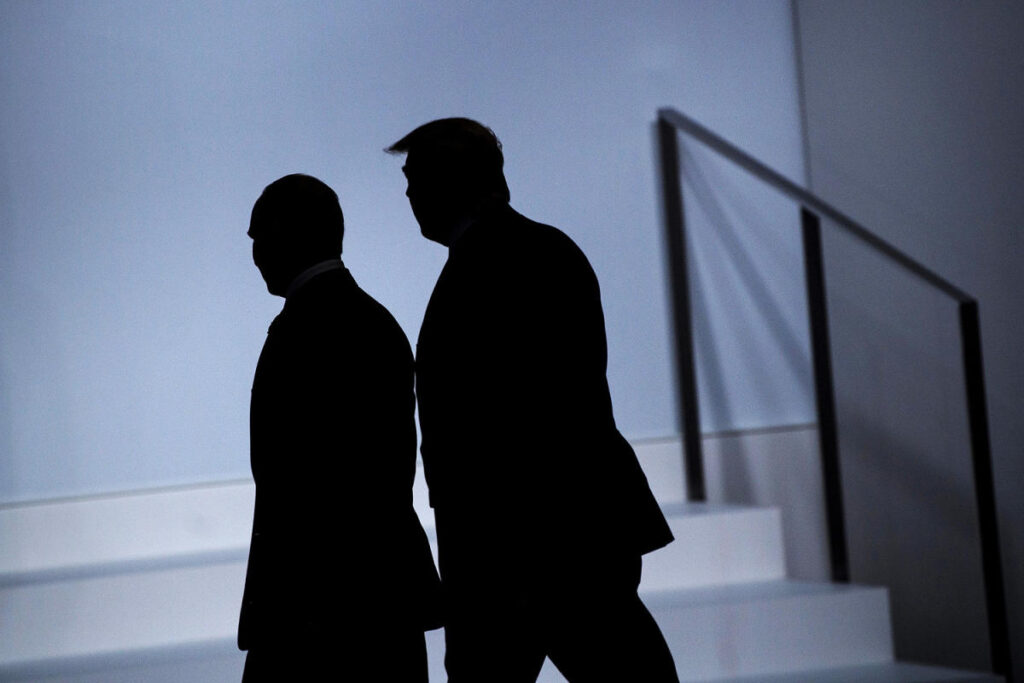In a recent confirmation by the Kremlin, it was acknowledged that former President Donald Trump, during the peak of the COVID-19 pandemic, sent Abbott coronavirus testing devices to Russian President Vladimir Putin. This revelation emerged from Bob Woodward’s upcoming book “War,” which examines the relationships between Trump, President Joe Biden, and various foreign leaders. Kremlin spokesperson Dmitry Peskov commented that both Russia and the U.S. had exchanged supplies at the onset of the pandemic, reflecting a rare moment of cooperation. However, specific details about this exchange remain unverified by independent sources, and Peskov dismissed claims regarding Trump’s frequent phone interactions with Putin post-presidency.
In reaction to the book’s assertions, Trump openly dismissed Woodward’s narrative. In an interview with ABC News, he labeled Woodward as a “bad storyteller” who has lost his touch with reality. Similarly, Trump’s re-election team criticized the journalist, alleging a bias in his reporting and refuting the validity of the claims. The timing of this controversy is significant as it raises questions about Trump’s foreign policy approach, particularly regarding Russia and Ukraine, should he return to the presidency.
The impending book also speculates on Trump’s possible actions concerning the ongoing war in Ukraine if he were re-elected. He has asserted that he could resolve the crisis within a single day, a claim met with skepticism from Russian officials and wider international observers who recognize the complexities of the geopolitical situation. While Trump insists that he maintains a positive relationship with both Putin and Ukrainian President Volodymyr Zelenskyy, his ability to negotiate peace as a private citizen remains legally constrained, as it would require authorization from the current president.
Woodward’s account also sheds light on the dynamics within Trump’s inner circle, revealing that senior adviser Jason Miller was unaware of any ongoing communications between Trump and Putin but suggested that both leaders could easily connect if needed. This response highlights the ambiguous nature of diplomatic relations during and after Trump’s tenure, suggesting both a desire for dialogue and the challenges inherent in long-standing geopolitical tensions.
Throughout his presidency, Trump faced criticism for his perceived alignment with authoritarian figures, especially regarding his praises for Putin. He referred to Putin as “very savvy” and labeled the 2022 invasion of Ukraine as “genius.” Such comments have fueled accusations of Trump’s foreign policy skewing towards notions that favor autocratic governance, complicating America’s stance on democracy and international norms.
As the release of Woodward’s book approaches, discussions surrounding Trump’s leadership style, particularly regarding foreign relations and handling crises like the pandemic and the war in Ukraine, remain integral to understanding his legacy. The contrasting narratives presented by Trump and Woodward continue to reflect the polarization present within American politics, thereby setting the stage for an ongoing debate about the direction of U.S. foreign policy moving forward.

